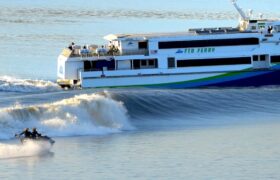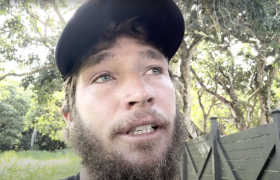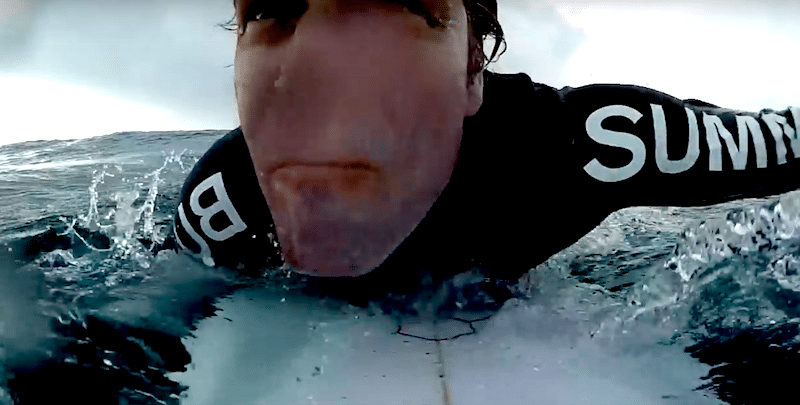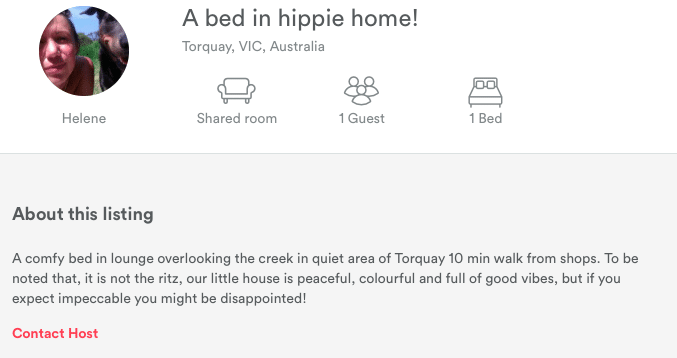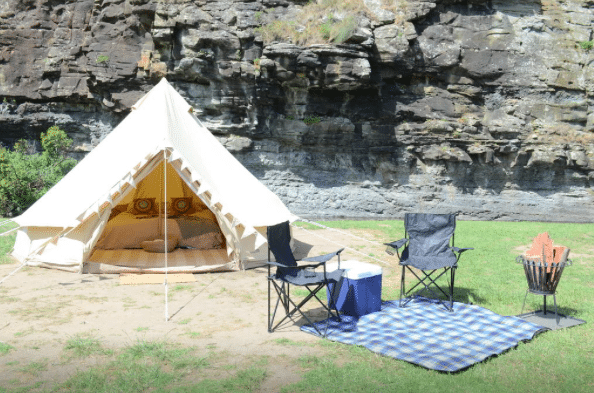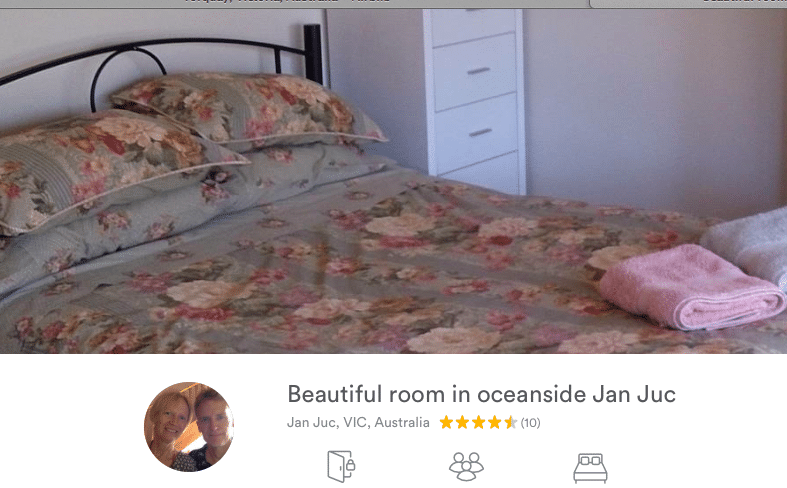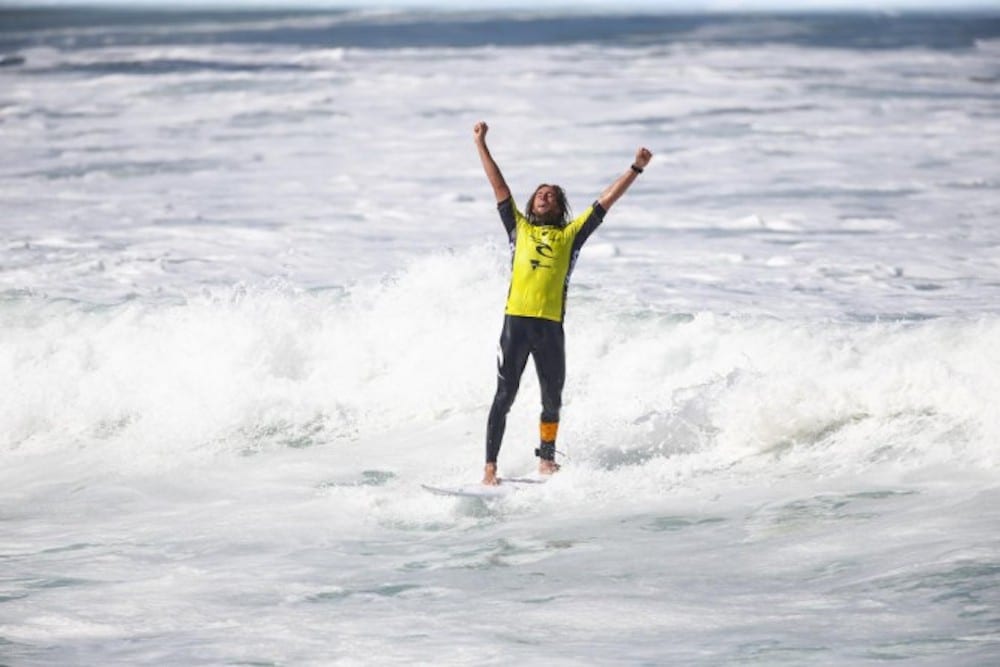The anti-depressive refugee story you've been waiting for!
The world’s refugee crisis is staggering. Opinions fly from both left and right about what should be done, how to stem the flow, where the souls should go and what they should do. Political ideology aside, though, it is all very sad. Very, very sad.
But this is BeachGrit and you come to be anti-depressed so guess what? Here is an anti-depressive refugee story! The Associated Press ran a piece this morning about how asylum seekers are learning to surf in Bondi, Australia. Many refugee journeys involve the ocean and not in a good way. Cramped rotten boats get tossed this way and that way by unforgiving waves. Death, fear, sadness etc.
Kind Australians teach them that the ocean is fun and they can enjoy it just like Filipe Toledo once did. Bon appétit.
They gather under the blazing sun and blue skies of an Australian beach, looking out at the water that once symbolized so much misery: Terrifying boat trips marked by sickness and death and the constant dread that their own lives might be nearing the end. But today, the sea will become their unlikely savior.
For these five asylum-seekers, a novel program introducing them to the iconic Aussie sport of surfing is helping to transform both their feelings toward the ocean and their lives and allowing them, at least for a brief time, to forget the pains of the past.
“We know that getting into the ocean and surfing makes everybody feel good,” says Brenda Miley, surf school director at Let’s Go Surfing, which is providing the lessons. “… I just think it’s a win-win because it helps build confidence, they learn some skills, they learn about being a local Aussie.”
There is a rush of nervous laughter and chitchat as the men file into the Let’s Go shop at Sydney’s famed surf haven, Bondi Beach. Inside, instructors Conrad Pattinson and Will Bigelow demonstrate how to put on wetsuits.
Amin, an asylum-seeker from Iran, flexes his muscles under the neoprene and chuckles. He has been urging his fellow Surfing Without Borders buddies along all morning, eager to get on a surfboard for the first time. But he admits his excitement is tinged with anxiety.
Like the tens of thousands of asylum-seekers who have fled to Australia in recent years, Amin’s trip involved a harrowing ocean crossing that began in Indonesia, where smugglers pack migrants into rickety boats that frequently break down or capsize. Those who survive the journey are often scarred by it.
Down on the beach, Pattinson and Bigelow give the men a pep talk. They explain how the current works and the different parts of the surfboard.
“We’re going to make a plan to keep it safe and get heaps and heaps of waves,” Bigelow says.
Amin eyes the turquoise water, where the swells are gaining strength. He asks how far out they will go. “Not deep,” Bigelow assures him.
The students practice standing on the boards from the safety of the sand. Pattinson warns them that if they don’t use proper form, they’ll lose their balance and “do a helicopter.” At this, he circles his arms wildly. The men crack up.
Finally, it is time to hit the water. The men slide onto their boards and paddle toward a sandbar where the waves are breaking. There, the instructors help maneuver the students’ boards into the proper position. And when Amin is ready, Pattinson pushes him forward onto his first wave.
Amin presses himself up with his hands, pops into a brief, unsteady crouch and…
Splash!
“Fell down, no good!” he says. Undeterred, he wipes his face, grabs his board and paddles back out.
One by one, the men make their first shaky attempts as Pattinson and Bigelow whistle and cheer. Flanked by other student surfers, they are largely indistinguishable from the rest of the rookies: Their hips wobble, their arms “do the helicopter,” they occasionally collide, and they belly flop more than they stand. But more than anyone else in the water, they laugh.
This kind of joy is exactly what the staff at Settlement Services International hoped to achieve when they launched the surf program last year. They knew their clients were grappling not only with the trauma associated with their boat journeys and the wars and persecution they had fled, but also with the anxiety of settling into a new country.
